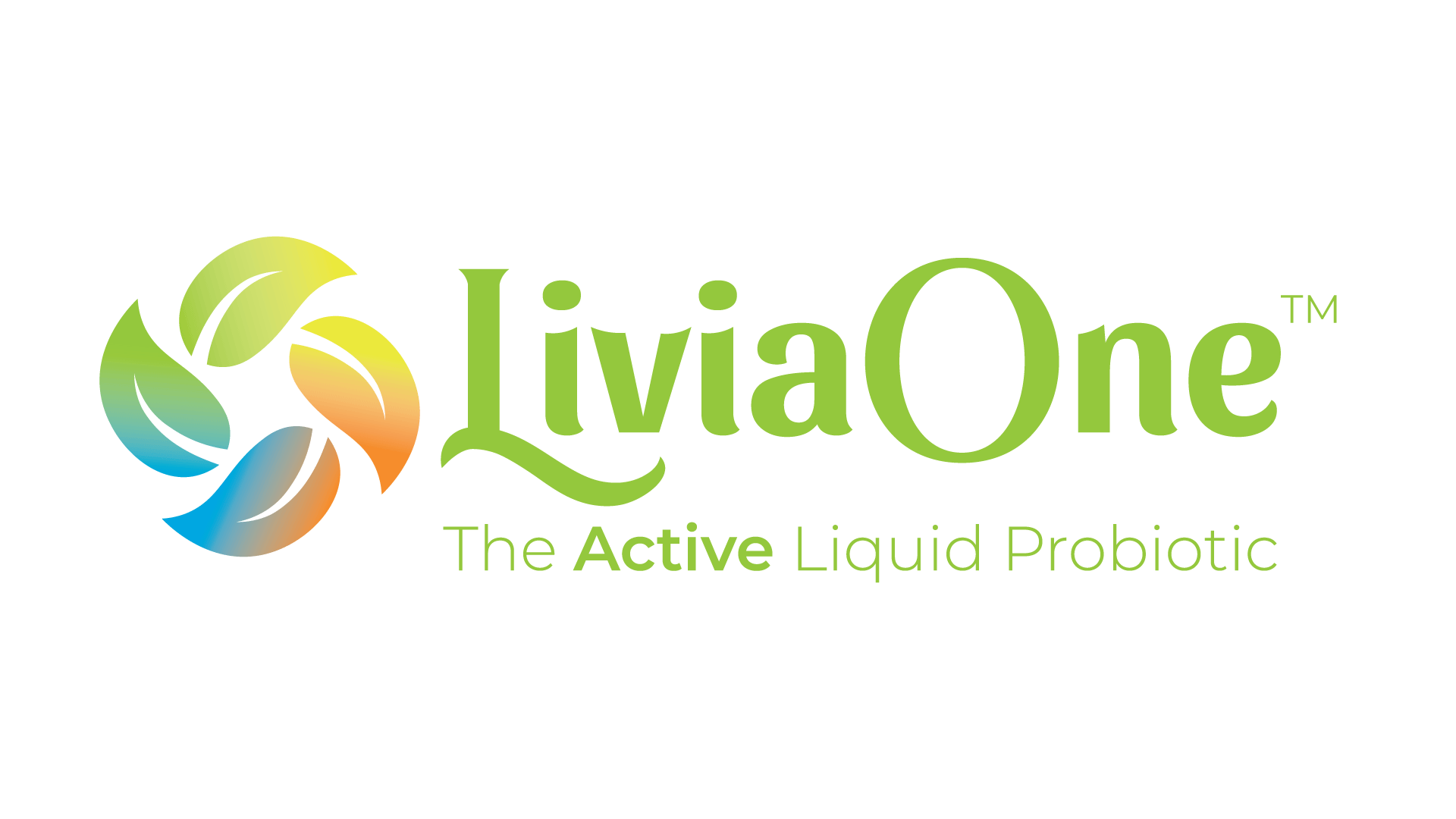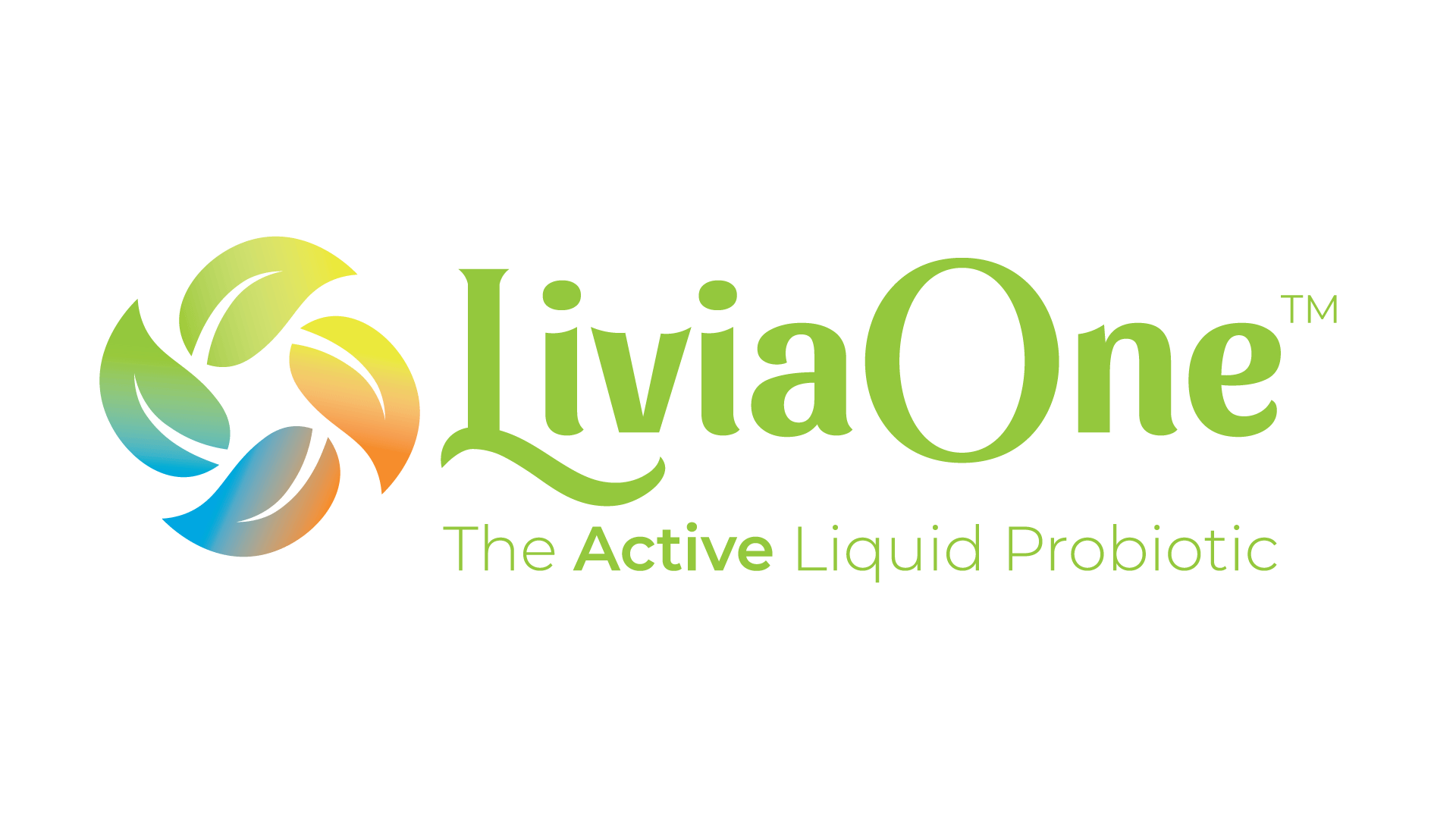Introduction
Lactobacillus helveticus is a lactic-acid producing bacteria that often used in the production of various cheeses including mozzarella, cheddar, Parmesan, and Swiss. This bacteria helps enhance the flavor of the cheeses and can help reduce or prevent bitterness. Lactobacillus helveticus, also known as L. helveticus, is a considered "good" bacteria that is beneficial to the health of the human body. For this reason, L. helveticus is often referred to as a probiotic. This bacteria is not only found in certain types of cheeses but may also be found in certain types of fermented milk. It may also be found in the form of a dietary supplement. L. helveticus "has been well studied and several probiotic effects are reported in the literature [such as the] ability to survive in the stomach and to reach the intestine alive, exerting antimicrobial activities against pathogens, alleviating symptoms of lactose intolerance, helping to prevent and reduce the duration of diarrhea, possibly reducing the cholesterol level, and helping the natural defenses."(1)
Lactobacillus Helveticaus
Lactobacillus helveticus is a probiotic that provides its host with potential health benefits such as: the inhibition of potential pathogens, anti-mutagenic and anti-tumorigenic activity, anti-hypertensive activity, and immunomodulatory activity.(2) It has been reported that L. helveticus "stimulates the immune & digestive system, controls diarrhea, reduces lactose intolerance and inhibits unfriendly bacteria. Lactobacillus helveticus enhance the recovery of gut atrophy induced by malnutrition."(2) A number of studies have been conducted in regard to the myriad of potential health benefits offered by L. helveticus. These studies have focused on health topics such as bone mineral density and bone mineral content, calcium and bone metabolism, arterial stiffness, and blood pressure.
Bone Mineral Density and Bone Mineral Content
According to research conducted in 2004, milk fermented with L. helveticus compared to ordinary sour milk was shown to be more effective at increasing calcium absorption.(3) Along with L. helveticus-fermented milk ,sour milk, skim milk and water were utilized in this study to determine how bone mineral density and bone mineral content were affected by these food products. It was found that "the L. helveticus-fermented milk intervention significantly increased the bone mineral density and bone mineral content compared to the sour milk, skim milk and water interventions."(3). The conclusion of this study indicates that "L. helveticus-fermented milk increases bone mineral density and bone mineral content in relation to body weight in the long-term feeding of growing rats."(3)
Furthermore, a 2004 study indicated that "L. helveticus fermented milk supports bone mineral density in animal models and increases calcium absorption in postmenopausal women."(4)
Arterial Stiffness and Blood Pressure
Arterial stiffness is associated with cardiovascular disease, which includes both heart attack and stroke. According to a study conducted in 2007, L. helveticus fermented milk that contains certain tripeptides showed a positive effect on arterial stiffness. The research from this study indicates that "[the ambulatory arterial stiffness index] improved significantly in the peptide milk group, but not in the placebo groups, suggesting a mechanism for the antihypertensive effects of these peptides."(5) Peptides are the building blocks for proteins and are small structures built by amino acids.(6) A tripeptide such as isoleucine-proline-proline, which is a milk peptide, can have a blood pressure lowering affect. Additionally, "a fermented milk product with the biologically active peptides valyl-prolyl-proline(Val-Pro-Pro) and isoleucyl-prolyl-proline (Ile-Pro-Pro) was shown to lower blood pressure in spontaneously hypertensive rats."(7) Because health problems such as arterial stiffness may be related to untreated high blood pressure, adding L. helveticus to one's diet may contribute to improved arterial health.
Conclusion
The addition of Lactobacillus helveticus to a diet may help lower blood pressure, increase calcium absorption, decrease arterial stiffness, and increase bone mineral content/density. L. helveticus is a beneficial bacteria that can help reduce or prevent the growth of unhealthy bacteria within the body thereby improving the overall health of an individual.
REFERENCES:
(1) Probiotic Strains. Published on Innovative Ingredients for Innovative Foods, Lal'Food-Institute Rosell. 2009.
(2) Lactobacillus Helveticus. Published by Wellness Advocate, Wellness Advocate & Wellness Advantage. 2007.
(3) Effects of Long-Term Intervention with Lactobacillus Helveticus Fermented Milk on Bone Mineral Density and Bone Mineral Content in Growing Rats. Published in Annal of Nutrition & Metabolism, Journal of Nutrition, Metabolic Diseases and Dietetics. 2004.
(4) Narva, M. (2004). Effects of Lactobacillus Helveticus Fermented Milk and Milk-Derived Bioactive Peptides (CPP, IPP, and VPP) on Calcuim and Bone Metabolism. Institute of Biomedicine, Pharmacology. University of Helsinki.
(5) Lactobacillus Helveticus Fermented Milk Reduces Arterial Stiffness in Hypersensitive Subjects, published in International Dairy Journal, ScienceDirect. 2007.
(6) Lysis. What Are Peptides? Published by eHow. Unknown.
(7) Seppo, L., Jauhiainen, T., Poussa, T. and Korpela, R. (Unknown). A Fermented Milk High in Bioactive Peptides has a Blood Pressure-Lowering Effect in Hypersensitive Subjects. The American Journal of Clinical Nutrition.
For more information:
 A complete description of probiotics, along with groundbreaking recent clinical research illustrating the many ways probiotics can prevent disease, can be found in Probiotics - Protection Against Infection: Using Nature's Tiny Warriors To Stem Infection. This new compendium from one of contributing authors of the content on this page, Dr. Casey Adams, PhD., takes the confusion out of selecting and supplementing with probiotics. Referencing over 500 scientific studies and reports, and with detailed instructions on how to make your own probiotic foods, this book is a must for anyone seeking to understand the power of probiotics, and improve their immunity and vitality. Click here for ordering information.
A complete description of probiotics, along with groundbreaking recent clinical research illustrating the many ways probiotics can prevent disease, can be found in Probiotics - Protection Against Infection: Using Nature's Tiny Warriors To Stem Infection. This new compendium from one of contributing authors of the content on this page, Dr. Casey Adams, PhD., takes the confusion out of selecting and supplementing with probiotics. Referencing over 500 scientific studies and reports, and with detailed instructions on how to make your own probiotic foods, this book is a must for anyone seeking to understand the power of probiotics, and improve their immunity and vitality. Click here for ordering information.
Please read this Disclaimer:
The contents of this site, such as text, graphics, images, information obtained from www.Probiotic.org licensors and other material ("Content") contained on this site is for informational purposes only. The Content is not intended to be a substitute for professional medical advice, diagnosis or treatment. Always seek the advice of your physician or other qualified health provider with any questions you may have regarding a medical condition. Never disregard professional medical advice or delay in seeking it because of something you have read on this site!
 A complete description of probiotics, along with groundbreaking recent clinical research illustrating the many ways probiotics can prevent disease, can be found in Probiotics - Protection Against Infection: Using Nature's Tiny Warriors To Stem Infection. This new compendium from one of contributing authors of the content on this page, Dr. Casey Adams, PhD., takes the confusion out of selecting and supplementing with probiotics. Referencing over 500 scientific studies and reports, and with detailed instructions on how to make your own probiotic foods, this book is a must for anyone seeking to understand the power of
A complete description of probiotics, along with groundbreaking recent clinical research illustrating the many ways probiotics can prevent disease, can be found in Probiotics - Protection Against Infection: Using Nature's Tiny Warriors To Stem Infection. This new compendium from one of contributing authors of the content on this page, Dr. Casey Adams, PhD., takes the confusion out of selecting and supplementing with probiotics. Referencing over 500 scientific studies and reports, and with detailed instructions on how to make your own probiotic foods, this book is a must for anyone seeking to understand the power of 
